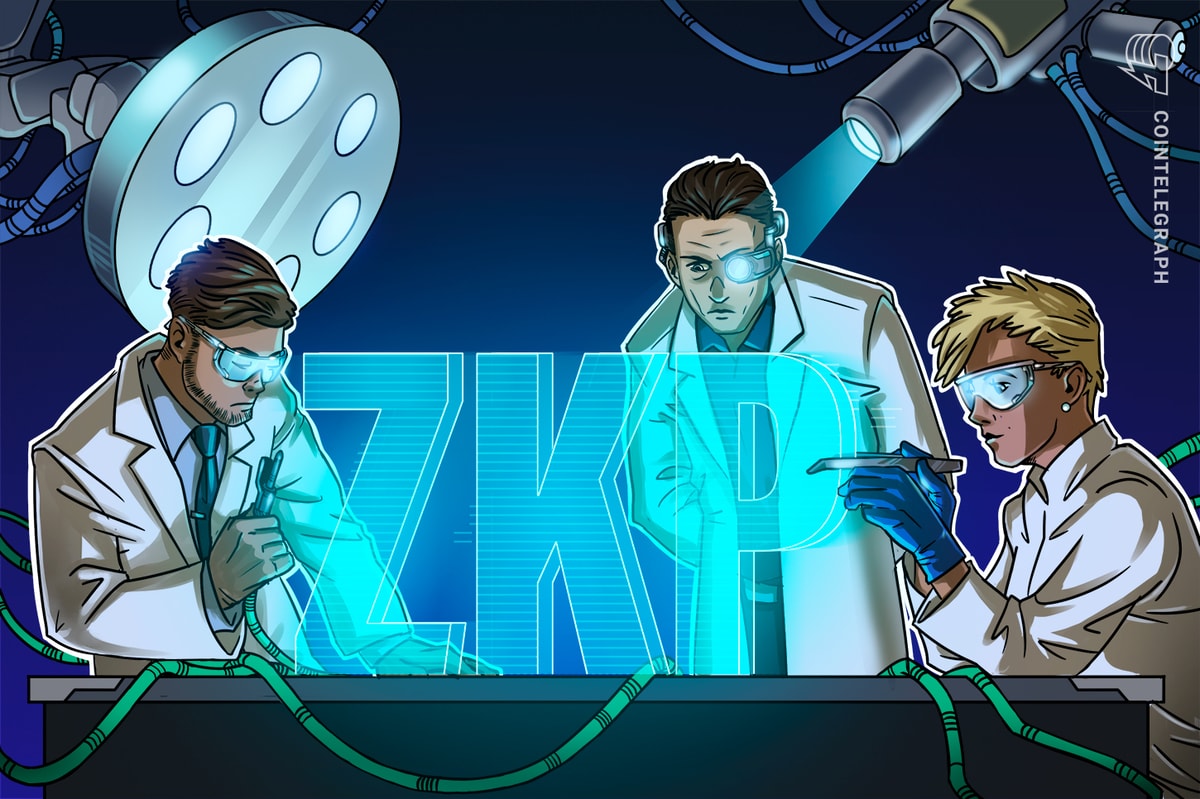The governments of Australia, Palau, Argentina, and Estonia are experimenting with different forms of decentralized identity solutions.
News
Zero-knowledge (ZK) proofs — a way of verifying information without revealing the specific contents of that information — have become a popular method for creating decentralized identity products.
Despite the hype, Ingo Rübe, CEO and co-founder of decentralized identity provider KILT Protocol, explained that the highly technical nature of ZK-proofs makes government and institutional adoption difficult.
In an interview with Cointelegraph, the KILT CEO explained that decentralized identifiers such as biometric data could be selectively shared with parties and verified onchain using Merkle Trees — a data structure that all computer scientists understand — with far greater ease, speed, and efficiency than ZK-proofs.
Rübe also argued that open-source software typically used in ZK solutions could potentially be a ticking timebomb that results in a massive data breach revealing sensitive user data:
“Companies which use zero-knowledge proofs, normally take a library from someone else, and this someone else has been making some open source stuff where nobody takes the responsibility. So what happens if this thing doesn’t work like we intend to work?”
“The best thing you can do is to use a public permissionless blockchain to store the validity of credentials,” the CEO said, before asserting that users must have the autonomy to own and create their digital identifiers, which are stored locally and verified using decentralized blockchain networks.
The World Wide Web Consortium developed a standard for decentralized identity solutions in 2022. Source: World Wide Web Consortium.
Related: Blockchain fixes misuse of biometric data — Privado ID founder
Decentralized identity solutions: the future of identification
Rübe noted that contrasting approaches to decentralized identity solutions worked for different, unique use cases and applications — including ZK-proofs — but stressed that the use of ZK-proofs for decentralized identity was “like taking a bazooka and trying to kill a fly.”
Despite the prohibitive technical barrier, several companies and governments are experimenting with ZK-powered identity solutions. In October 2024, Buenos Aires, the capital city of Argentina, announced the rollout of decentralized identification for residents powered by ZKsync Era.
More recently, on Oct. 17, World — formerly known as Worldcoin (WLD) — announced the next generation of biometric data-collecting orbs and also touted alternative ways for individuals to verify their identity — most notably the company’s World ID Credentials program. The initiative will allow anyone with an NFT-enabled government passport to register their identity in the World system.
Magazine: Real AI & crypto use cases, No. 4: Fight AI fakes with blockchain
This article first appeared at Cointelegraph.com News

